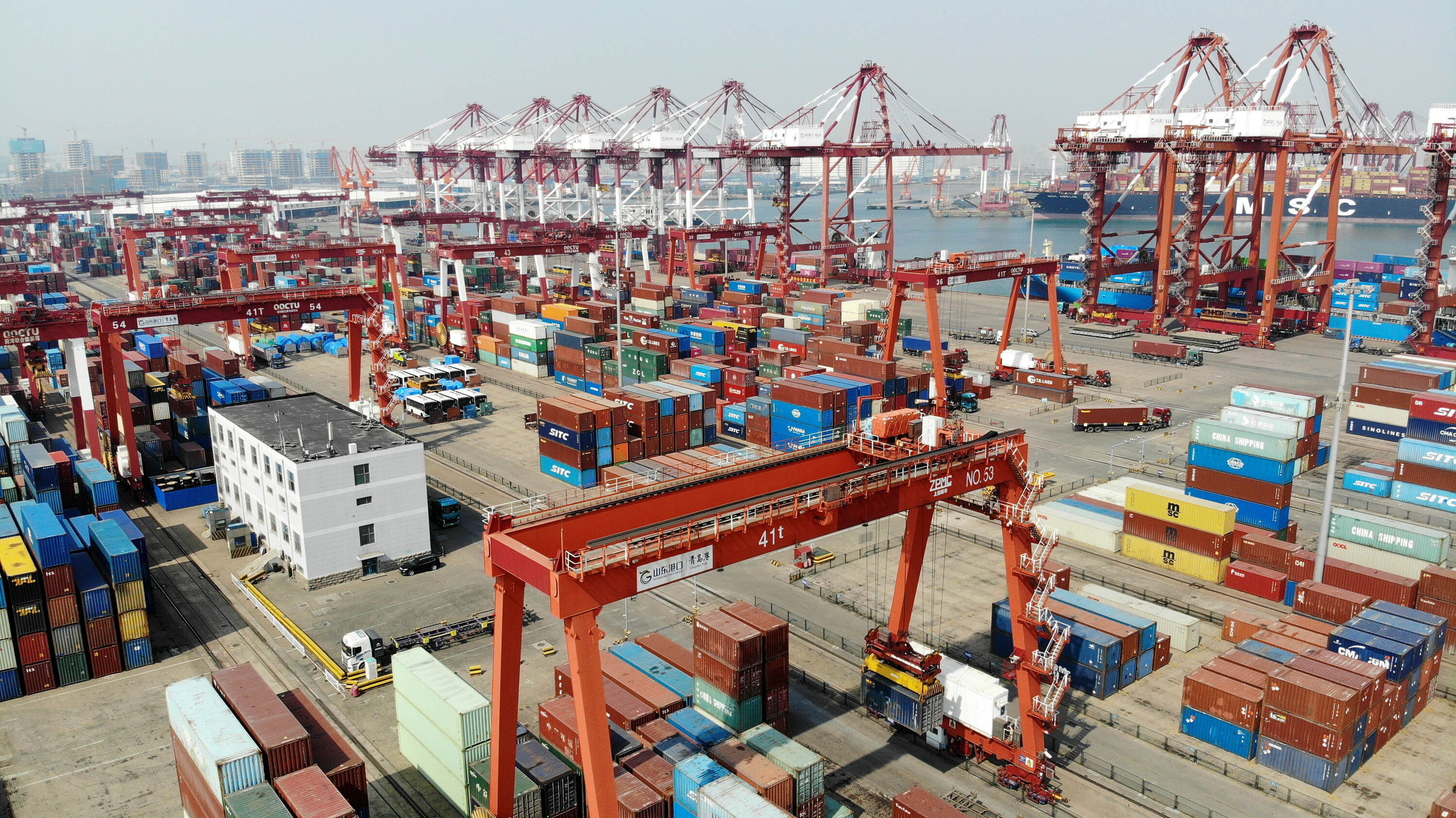Economy
S. Korea's overseas direct investment falls for first time in 3 years
 |
(Yonhap) |
South Korea's overseas direct investment fell for the first time in three years in 2023 amid an economic slowdown in China and geopolitical uncertainties, the finance ministry said Friday.
Investments made by South Korean companies declined 22.2 percent on-year to come to $63.38 billion last year, according to the data compiled by the Ministry of Economy and Finance.
It marked the first on-year fall since 2020, when the figure fell 11.2 percent. Investments, however, jumped 32.1 percent in 2021 and added 6 percent in 2022.
The decline came as South Korea's direct investment in China sank 78.1 percent on-year to $1.87 billion in 2023.
China was the seventh-largest investment destination last year, and it marked the first time since 1992 that China was not on the list of the top five most favored investment destinations for South Korea.
The US accounted for the largest share of South Korean investments with $27.72 billion in 2023, followed by the Cayman Islands with $6.17 billion, Luxembourg with $4.95 billion, Canada with $3.6 billion and Vietnam with $2.64 billion, the data showed.
By sector, offshore investment in the foreign insurance and financial sector shed 15.5 percent to $25.66 billion, and that allocated to foreign manufacturing also lost 19.7 percent to $20.25 billion in 2023.
South Korean investment in overseas properties dived 42.6 percent to $4.24 billion, while investments in the foreign mining sector jumped 40.1 percent to $3.38 billion.
"The weak investment was attributable to the sagging Chinese economic situation and geopolitical risks over the Russia-Ukraine War, while major nations have maintained high interest rates," the ministry said in a release.
"But the South Korean companies have expanded investment in the US for such advanced industries as semiconductors and batteries in accordance with their supply chain reshaping strategies." (Yonhap)






![[From the Scene] Gigantic Olive Young store lures young trend-setters in Seongsu](http://res.heraldm.com/phpwas/restmb_idxmake.php?idx=151&simg=/content/image/2024/11/21/20241121050065_0.jpg)

